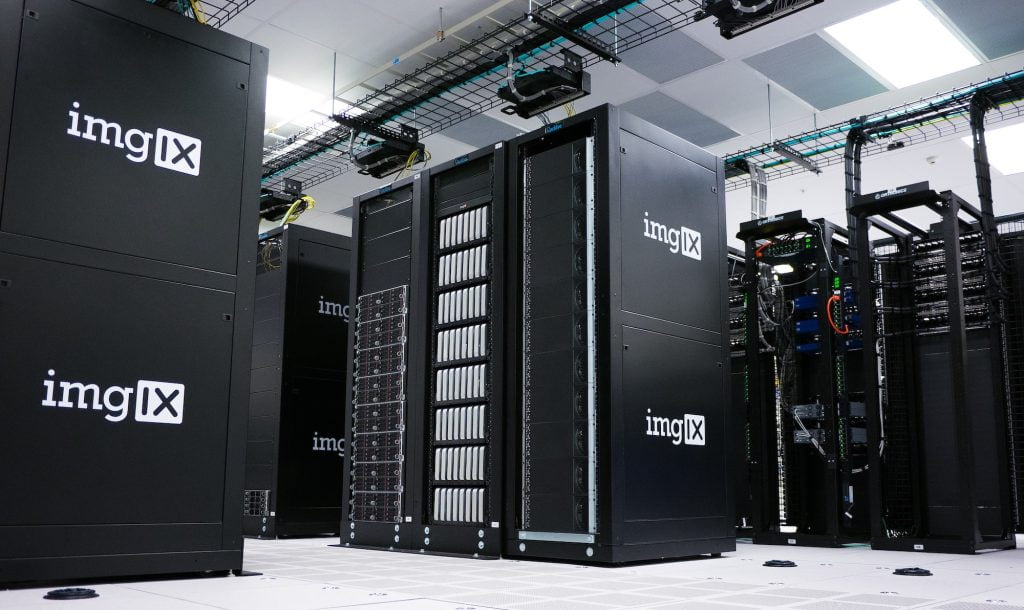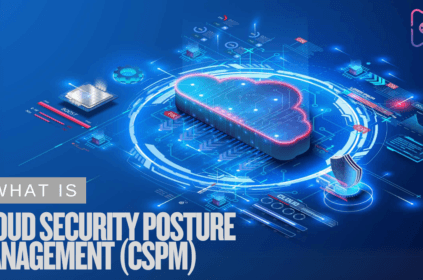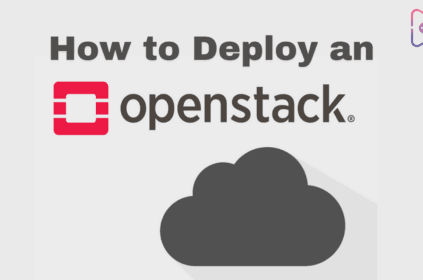
“In the new world of cloud computing, security isn’t a destination. It’s a sustained exercise in staying one step ahead.” – David Linthicum
Introduction
“Advanced Cloud Security” is not just a buzzword in today’s digital landscape; it’s a necessity. As businesses increasingly move their operations and data to the cloud, ensuring privacy and protection becomes paramount. This article delves into the strategies that can help secure your data in the cloud, offering you peace of mind and the confidence to leverage the power of cloud computing to its fullest.
The Importance of Advanced Cloud Security
The advent of cloud computing has revolutionized the way businesses handle data, offering scalability, flexibility, and cost-effectiveness. However, with the convenience of the cloud also comes the responsibility of ensuring data privacy and protection, thrusting advanced cloud security into the spotlight.
Cloud security involves a set of policies, controls, procedures, and technologies that work together to protect cloud-based systems, data, and infrastructure. It addresses the critical issues of data protection, privacy, compliance with regulations, and setting authentication rules for individual users and devices.
Advanced Security Measures in the Cloud
It includes several strategies to ensure robust data protection and privacy. These strategies include:
Encryption: Encryption converts data into a code that can only be read by those with a specific encryption key. In the cloud, encryption can be applied to data at rest and data in transit, providing an additional layer of security.
Identity and Access Management (IAM): IAM controls who has access to specific resources in the cloud. It helps prevent unauthorized access to data and services, thus reducing the risk of malicious activities.
Firewalls and Intrusion Detection Systems: These security measures monitor and control incoming and outgoing network traffic based on predetermined security rules. They help detect and block potential threats before they can cause harm.
Data Loss Prevention (DLP) Tools: DLP tools help monitor and protect data in the cloud. They can identify sensitive data, track how it’s being used, and prevent unauthorized access or disclosure.
Compliance and Regulations
Organizations using cloud services must adhere to various compliance regulations concerning data privacy and protection. Regulations such as the General Data Protection Regulation (GDPR) in the EU and the Health Insurance Portability and Accountability Act (HIPAA) in the U.S. require businesses to employ stringent data protection measures, including cloud security best practices. Non-compliance can lead to severe penalties, reinforcing the importance of a secure cloud environment.
Role of Cloud Service Providers and Users in Security
Cloud service providers play a significant role in maintaining advanced cloud security. They provide a secure infrastructure and offer tools for managing security, such as encryption and IAM services. However, security in the cloud also depends on the users. Often, a shared security model is adopted, where the service provider ensures the security of the cloud, while the customer is responsible for security in the cloud, such as protecting their data and user access management.
Challenges in Advanced Cloud Security
Despite its importance, implementing advanced cloud security isn’t without challenges. These include:
- Visibility and Control: Since the data is stored off-site, businesses often face difficulty maintaining visibility and control over it.
- Shared Security Responsibility: The shared security model can lead to confusion about ownership and responsibility, leading to potential vulnerabilities.
- Compliance: Navigating the complex landscape of regulations can be tough, as the rules often vary by industry and location.
- Threats from Inside: Sometimes, the threat comes from within the organization, such as from a disgruntled employee or through accidental disclosure of information.

The Future of Advanced Cloud Security
The future of advanced cloud security looks promising, with ongoing advancements in technology. AI and machine learning are expected to play a significant role, aiding in detecting and mitigating threats. Moreover, the advent of quantum computing might bring forth unbreakable encryption, further bolstering data protection in the cloud.

Call to Action: This article should serve as a reminder of the importance of cloud security. Share your thoughts, experiences, and insights in the comments section below, and don’t forget to share this article with others who might find it beneficial. To stay updated on the latest trends in cloud security, don’t forget to subscribe to our newsletter.
Conclusion: In the era of cloud computing, advanced cloud security is no longer optional but a necessity. Ensuring robust data protection and privacy requires an understanding of cloud security measures, compliance regulations, and shared responsibilities. With technological advancements, the future of cloud security holds promise. Yet, staying vigilant and proactive is key to navigating the ever-evolving landscape of cloud security.


















